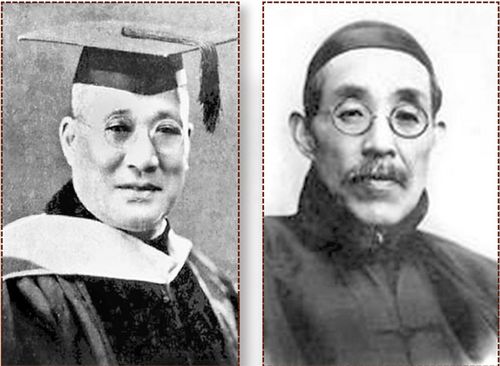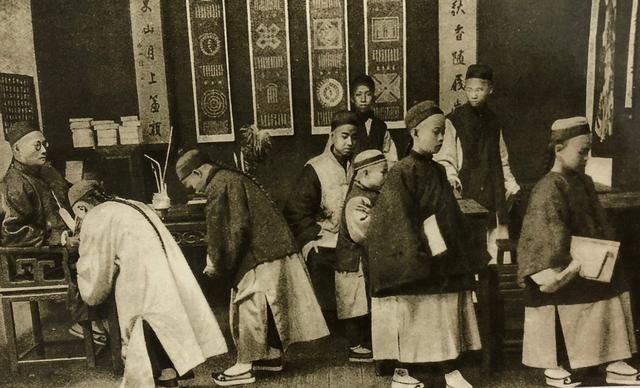Lesson Study in China
In China, which has the largest teaching force in the world, a long tradition of lesson study has been integrated into the professional lives of teachers. Over 100 years ago, in Tianjin, Shanghai and other places in China, some educational innovations had showed certain features of lesson study.

Boling Zhang (left) and Xiu Yan (right) founded Tianjin Institute of Teachers in 1903. This institute convened teachers from primary schools and those with commitment to curriculum and teaching strategy innovation. After research period, those people did some sport activities. Besides, Zhang and Yan also attended activities similar to today's lesson observations and evaluations. On October 15, 1905, Zhang, Yan and another educator Qinxiang Li went to 'Comment Meeting' (批评会) where two Chinese teachers presented and a Japanese scholar played as commentator. On October 29, 1905, they went to a primary school to listen to four teachers talking about experimental teaching method.

In 1905, gentries in Shanghai founded Association of Improvement for Old-Style Private Schools (私塾改良会). Its Regulations pointed out to build ‘Huike system’. (Huike in tradition means that scholars formed associations, rallied periodically, studied lessons and read each other's works). Huike system let tutors in old-style private schools meet each other and share ideas on teaching, especially making curriculum circularly improved and reach to expected aims'.
Since the 1950s, lesson study as a tool of professional learning facilitated the development of a culture of teaching among Chinese teachers. For the enhancement of their teaching and professional development, Chinese teachers are engaged in “teaching research” (jiaoyan), which is a form of lesson study organized along the disciplinary lines of school subjects and implemented by “teaching research groups” (jiaoyanzu) in schools. Indeed, lesson study is a commonly shared endeavor among Chinese teachers who are engaged in collective planning, studying and evaluating various kinds of lessons on a daily basis. Through time, the “teaching research group” has been developed into a system of “teaching research” that is unique to schooling in China. A lot of scholars attribute Chinese students’ good achievement in OECD’s PISA to the Chinese-style teaching research activities and system.









